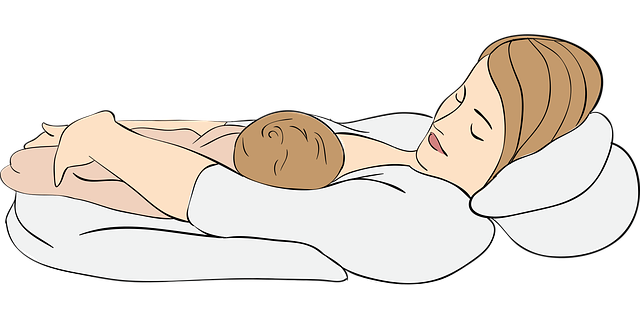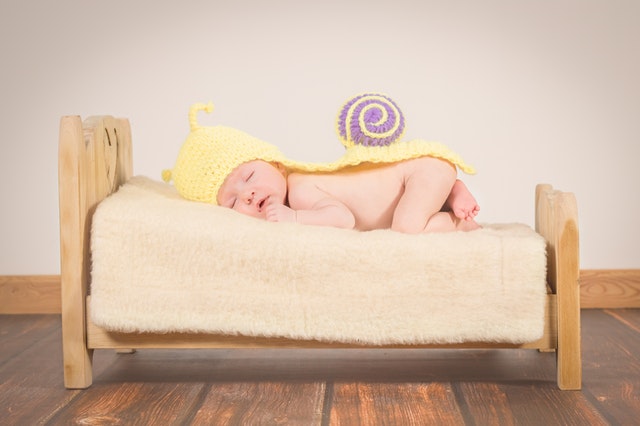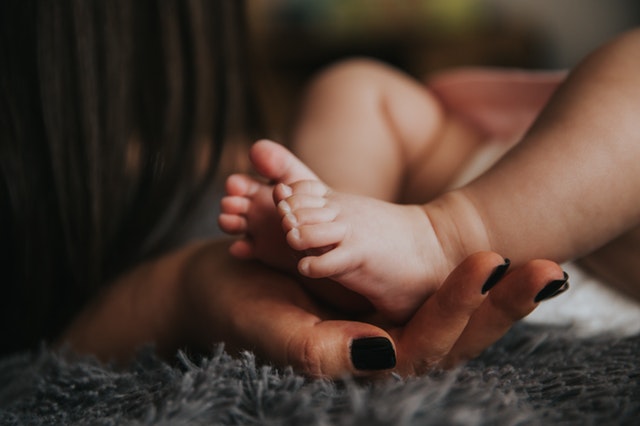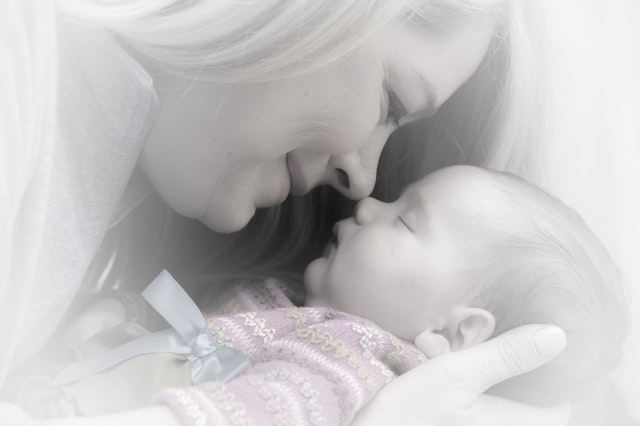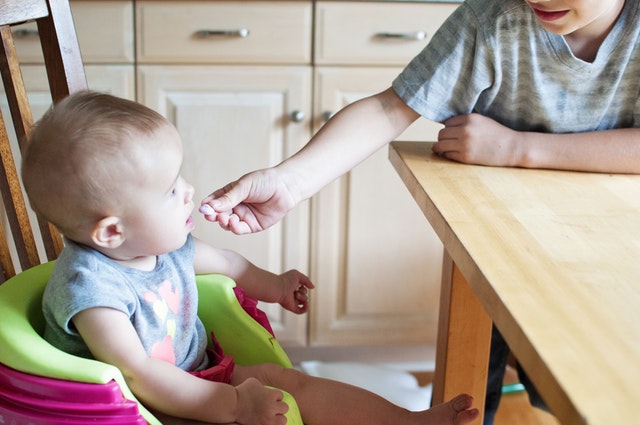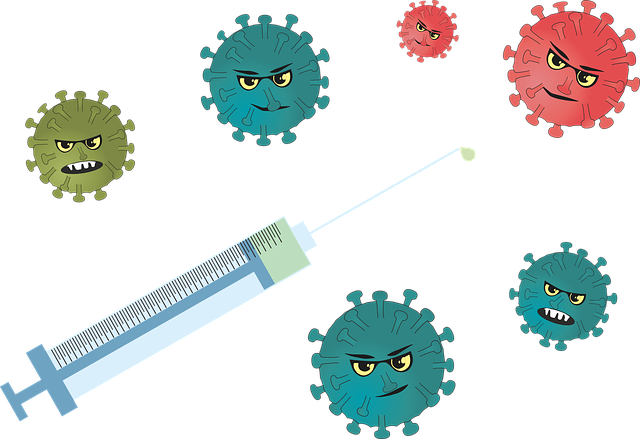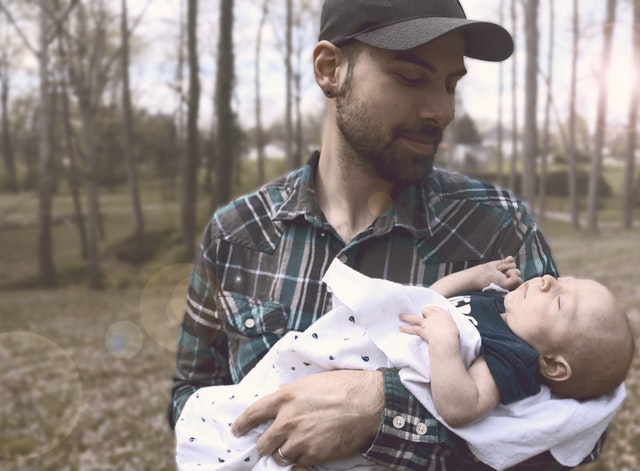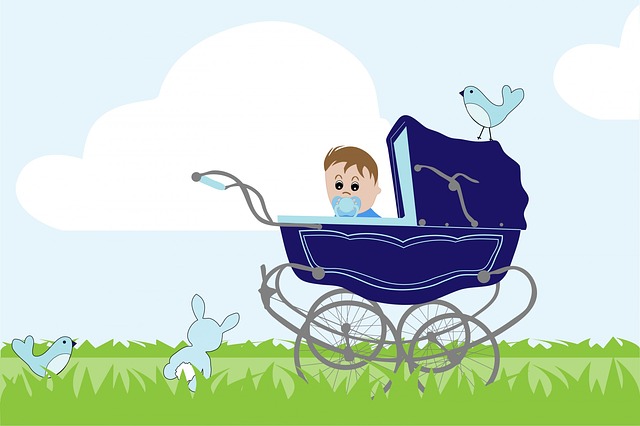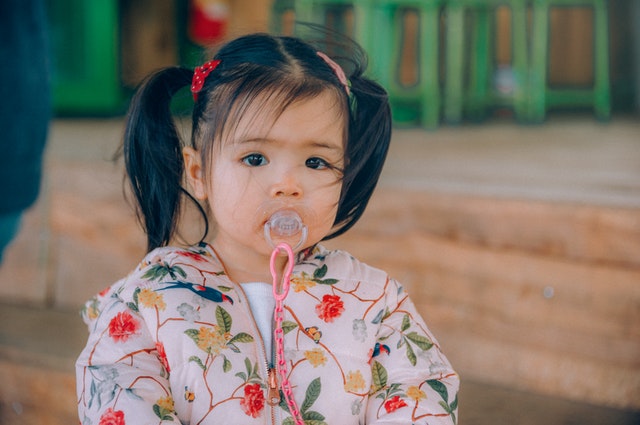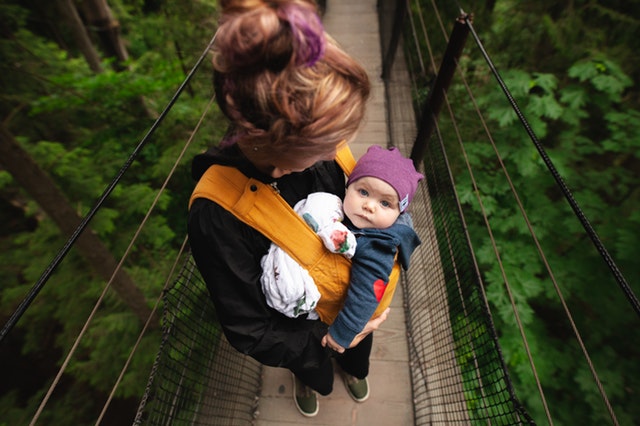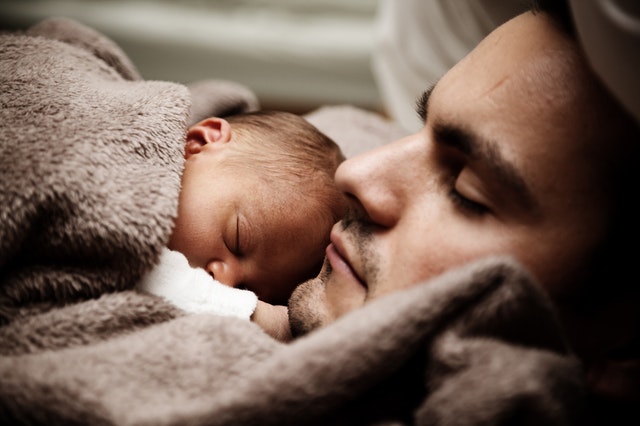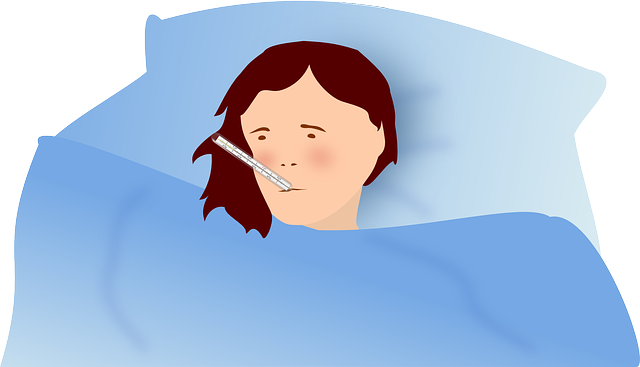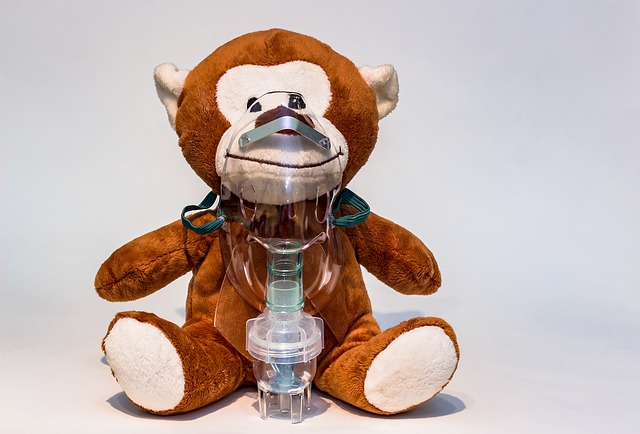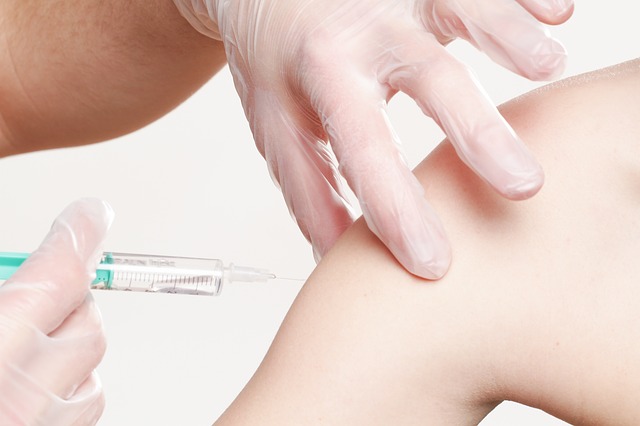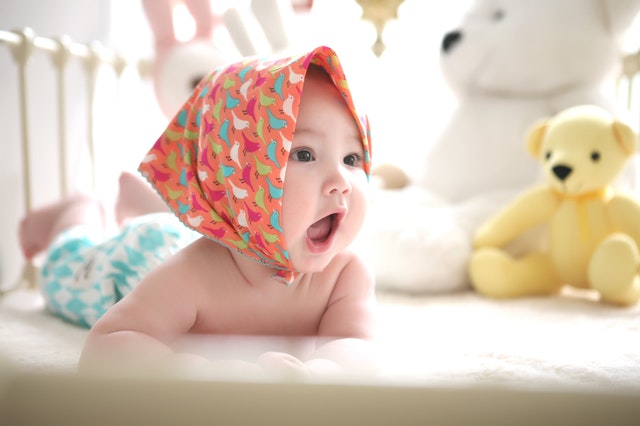Babycare – Ear and Nails
Nail Care
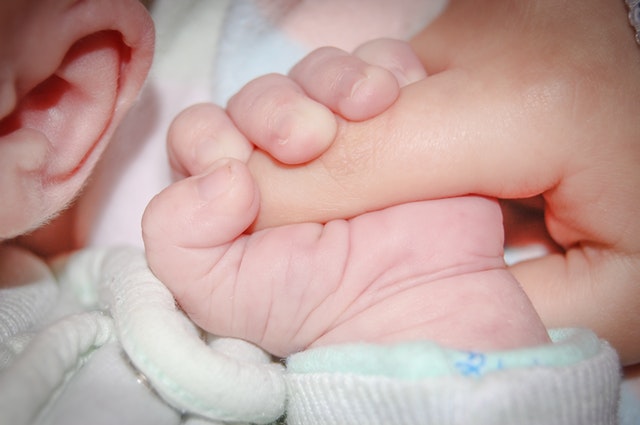
- The baby’s nails are softer then the adult nails
- Babies nails are sharp and a newborn, who has little control over his flailing limbs, can easily end up scratching his own face.
- Longer nails also easily become ingrown, and in turn, infected.
- Little fingernails grow so fast you may have to cut them as often as a few times a week.
- Toenails require less-frequent trimming.
Procedure:
- Wash your hands.
- The best time to trim nails is while he is sleeping, and after a recent bath when they are still very soft.
- Press the finger pad away from the nail to avoid nicking the skin, keep a firm hold on your child’s hand as you clip, and cut straight across.
- It might be easier and safer to use a nail file.
- Clean the Baby hand with wet wipe and Replace the articles.
- Wash your hands using 7 steps.
Ear Care
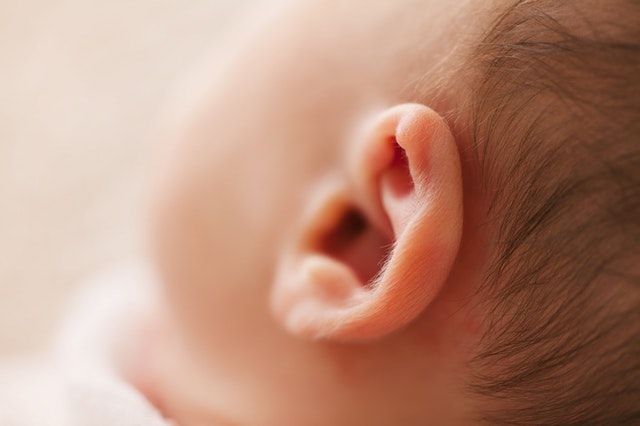
How to clean ears of a baby
- You don’t need to clean the inside of your baby’s ears. Wash behind his ears where spit-up milk can run.
- It’s OK to get water in your baby’s ears.
- Don’t try to dry the inside of your baby’s ears with cotton swabs (Q-tips); you can damage the eardrum.
- Because a cotton swab is often what causes a wax buildup in the first place, you should never use one to clean a baby’s ear canals,
- To get the water out, just gently turn her head to the side and let the water run out, then dry the outside of the ear with a soft towel.
How to take care of ear piercing?
We need to take precautions before and after piercing the ear.
The main precautions which we should follow before piercing is:-
Avoiding blood thinners: – Aspirin, alcohol and excessive amounts of caffeine are all blood thinners, so we should avoid these things the day you get pierced. If ignored it can leads to bleeding.
Precautions after piercing the ear:-
There are numbers of precautions to be taken after ear piercing. Hygiene is important to avoid the infection. Other precautions are: –
- Wash your hands with antibacterial soap to avoid chances of infection.
- Avoid touching the pierced area often.
- Starter earrings- do not remove them prematurely; piercings may close or heal improperly.
- Do not change the earrings for the first time eight weeks after getting pierced.
- Do not use soap as it is harmful for healing ear piercings. It can dry out your skin and make more susceptible for developing a piercing infection.
- Be careful with items that could snag your earrings. Hats, scarves, and other items that may catch on your earrings should be worn with care.
- Avoid getting shampoo, conditioner, and other hair products on your ears, since the ingredients in these products could lead to an infection.
- Sleeping with ear against the pillow can irritate your piercings.
- Clean them three times a day
- Clean both the front and the back of the piercing; making sure the entire area gets covered.
- Gently rotate the earring two or three times to make sure the antiseptic gets inside the piercing.
See a doctor if there is any pus discharge, excessive itching, redness, and extreme pain are signs of an infection. Either remove the earring immediately yourself, or if it is too painful, have a doctor remove it.
To read more on Baby care, click on the link below,
Content Courtesy : Portea



